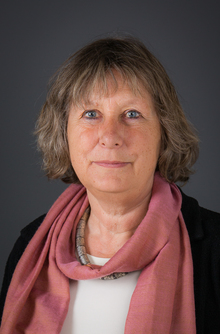The projectInformal child migration in Europe (N-ICME),will investigate how informal networks of care constitute a social and cultural potential for children and adult caretakers who are involved in informal and illegal migration within and into Europe . The degree to which people’s activities within these networks are exposed to different formalizing undertakings - such as authorities’ registration, control, labelling activity, service provision and interventions - will also be explored. However, instead of merely looking at how migrants are defined through their relation to the State or supra-national entities like the EU, we will primarily work within a methodological framework that emphasizes the social relations of the people involved in informal child migration and kinship care practices. The project brings together experts from four institutions in Oslo and will involve research in five Western European countries, two Eastern European countries, two African countries and one country in Latin America . The Part Project at ISF:Transnational informal child migration in Norway: Dilemmas in international and national regulations on family life and citizenship. Dr. Hilde Lidén, ISF. Lidén's research project will explore how informal child migration forms part of immigrants’ strategies in and how this is interpreted and dealt with by the Norwegian authorities. The study relates to how the implementation of the UN Convention of the Rights of the Child is made relevant in migration- and family policy. Two main fields of investigation will be chosen: a) Guardianship arrangements of young siblings as part of various strategies of reunification with closest family members, including young single refugee and asylum seekers, and b) Guardianship arrangements where young siblings are sent to their parents’ home country to acquire a proper socialization and education.The two fields expose tensions between international conventions, national policy formulations, and local practices of governance. Lidén will discuss how informal care practices set premises for the child's acquiring of social and cultural capital, how kinship care challenges the discourse on individual rights and the state based advocacy of children's rights.
Completed project
Transnational informal child migration in Norway: Dilemmas in international and national regulations on family life and citizenship
Participants

Published June 24, 2008 4:00 PM
- Last modified Feb. 27, 2024 6:05 PM

